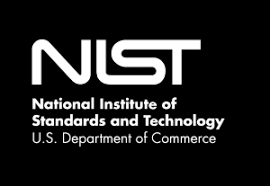CVE-2020-22164 (hospital_management_system_in_php)
PHPGurukul Hospital Management System in PHP v4.0 has a SQL injection vulnerability in hmscheck_availability.php. Remote unauthenticated users can exploit the vulnerability to obtain database sensitive information. Devamını Oku

